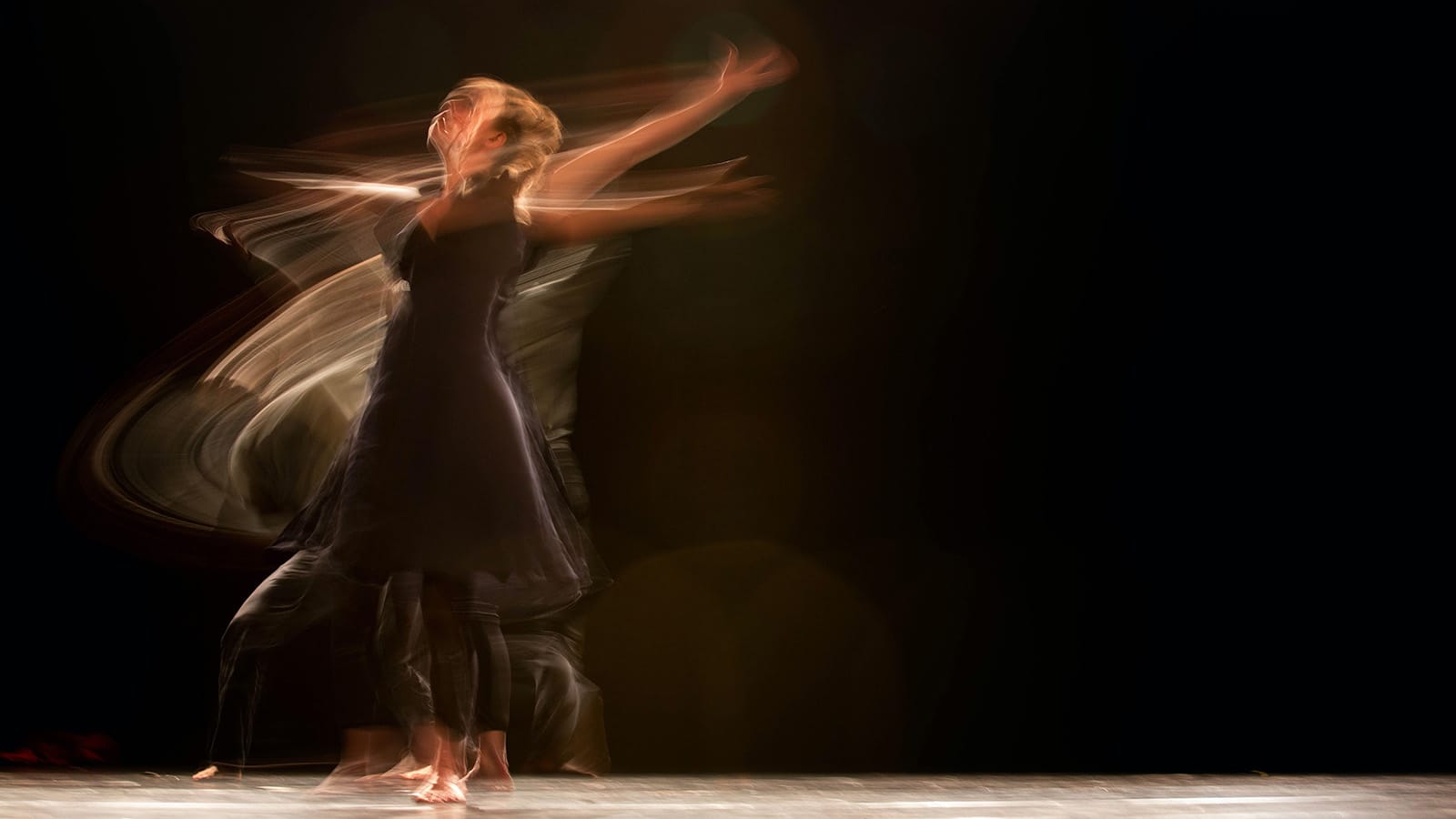March Literary Lunch Hour
Wednesday, March 27, 2024 – 12-1pm ET – Online

Dr. Sarah Kim, Medical Education Health Humanities Theme Lead at the Temerty Faculty of Medicine, visits the NBM Lab to delve into an overlooked, but essential, healthcare subject: the practitioner’s relationship with their own body.
Even prior to entering their training period, practitioners are influenced (in medical education and elsewhere) to focus on their patients’ bodies at the expense of their own. However, this neglect can have persistent negative effects on both work and wellbeing.
With a background in Narrative Medicine, Sports and Exercise Medicine, and Psychotherapy, Dr. Kim offers unique perspectives on the importance of the practitioner’s physical experience. During this conversation, she will share insights into how practitioners can reclaim their bodily presence and move it to the forefront of experience as a source of renewal and optimism.
Guest
Dr. Sarah Kim is an Assistant Professor at the Department of Family and Community Medicine and Dance Artist-in-Residence for the Health, Arts & Humanities Program at the University of Toronto. She works as a family physician with focused practices in Narrative Medicine, Internal Family Systems Psychotherapy and Sports & Exercise Medicine. She also currently holds the Vice-Chair position for the College of Family Physician of Canada’s Physician Wellness & Resilience Member Interest Group. Within her medical and teaching practice, Sarah integrates the arts and humanities, mindfulness meditation and movement education as generative components of resiliency. Her investigations examine the relationship between high performance and historical ideas around the body, exploring embedded hierarchies and the intersection of humanness within industrialized systems. As a teacher, Sarah employs the arts a means of transformative analysis in the deconstruction and reconstruction of professional identity, with critical consideration of what it means to offer innovative and sustainable alternatives to shame-based learning. Her method encourages a nonintrusive approach, inviting dialogue and positive affirmation of the full spectrum of the human experience to foster enduring resiliency practices that support the development of a well and resilient healthcare force; the foundation of a robust healthcare system.